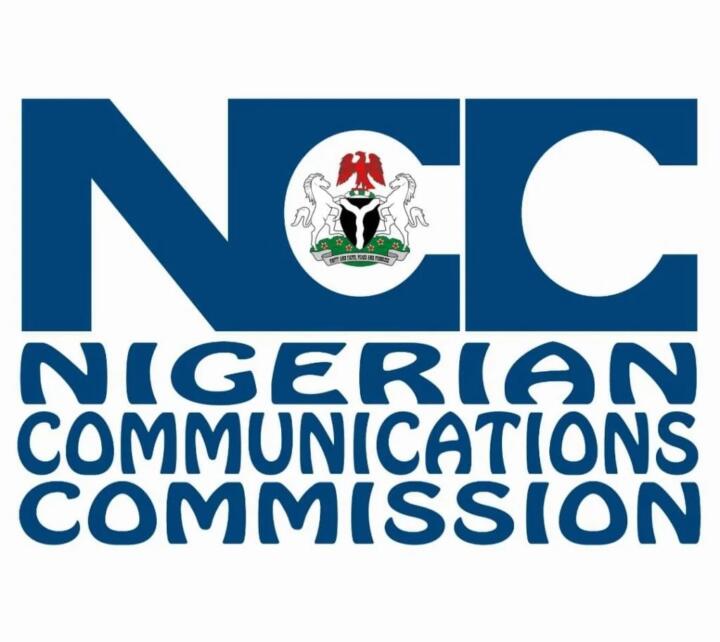In a move designed to protect consumers and improve transparency in the telecom sector, the Nigerian Communications Commission (NCC) has proposed a new policy that will give subscribers a 12-month grace period to reclaim unused airtime on deactivated SIM cards. The new guideline, currently under review, could mark a significant shift in how telecom operators manage dormant lines and prepaid balances.
At the heart of the proposal is the goal of addressing the longstanding issue of unclaimed airtime and prepaid credits, especially in cases where lines become inactive due to long-term non-use. Under current practices, once a SIM card is deactivated after a period of inactivity—usually 12 months—the line is recycled, and any remaining airtime on it is often lost without notice. This has sparked complaints from subscribers who return to old lines only to discover that not only is the number no longer theirs, but their prepaid airtime has also disappeared.
The NCC’s proposed framework would give customers an additional 12 months to reclaim their credit after the initial deactivation period. To access the unused airtime, subscribers will have to verify that they are the rightful owners of the affected SIM. While refunds in the form of cash won’t be allowed, users will be able to redeem the value through services like voice or data bundles, ensuring they get the benefit of their unused funds.

This proposed change is part of a broader initiative by the NCC to increase fairness, accountability, and transparency in the Nigerian telecommunications sector. As part of the same policy drive, telecom operators will now be required to issue timely notifications to customers before deactivating dormant lines. This means subscribers will be given fair warning before their accounts are classified as inactive and eventually deactivated.
In addition to customer notifications, the NCC also plans to make it compulsory for telecom companies to conduct a thorough audit of all deactivated and churned accounts. These audits will help determine the total value of unclaimed airtime across the industry and ensure accurate reporting to the commission. Telecom providers will be given a 90-day window to carry out these audits and report their findings. Failure to comply within the stipulated timeframe could lead to regulatory penalties.
Another key feature of the guideline is that telecom operators will no longer be allowed to monetize or repurpose unclaimed airtime for their own use. This is to prevent scenarios where the value of unused credit quietly gets absorbed into operational revenue without any benefit to the consumer who paid for it in the first place. Instead, operators will be required to maintain a redemption mechanism that allows consumers to convert their unclaimed credit into service-based benefits—even after the number itself has been deactivated.
The NCC explained that the proposal mirrors global best practices in telecom regulation. Similar frameworks are already in place in countries like the United States, members of the European Union, and India, where consumer protection laws around prepaid services mandate that customers are fairly notified and given access to their funds even after service termination.
The commission is also pushing for more aggressive consumer education campaigns, directing telecom companies to raise awareness about these new rights and procedures. This will include SMS alerts, email notices, and public advertisements to ensure that Nigerians are fully informed and can act in time to protect their airtime balances.
According to the NCC, the goal is not just to resolve disputes over lost airtime but to promote long-term trust between consumers and service providers. By giving users more control over their prepaid balances and ensuring that no credit is lost unfairly, the NCC believes the telecom industry will become more consumer-centric, transparent, and responsive to the needs of Nigerians.
Analysts say the policy, if implemented, will have a wide-reaching impact. In a country where millions rely on prepaid lines for daily communication, even a small amount of unused airtime can make a significant difference. For many, the assurance that their money won’t be lost due to inactivity could encourage more flexible use of mobile services—particularly among low-income users and those who travel or live abroad for extended periods.
The NCC is currently engaging with key stakeholders, including telecom operators, consumer rights groups, and regulators, to fine-tune the policy and ensure its effective rollout. While no official date has been announced for when the new guideline will take effect, sources within the commission suggest that the framework could be finalized and adopted in the coming months.
For now, subscribers are advised to keep their lines active and monitor any official communications from their service providers. As the telecom landscape continues to evolve, the NCC’s latest proposal could be a step toward a fairer and more inclusive system—one that recognizes the value of every naira spent by Nigerian consumers.
Support InfoStride News' Credible Journalism: Only credible journalism can guarantee a fair, accountable and transparent society, including democracy and government. It involves a lot of efforts and money. We need your support. Click here to Donate
